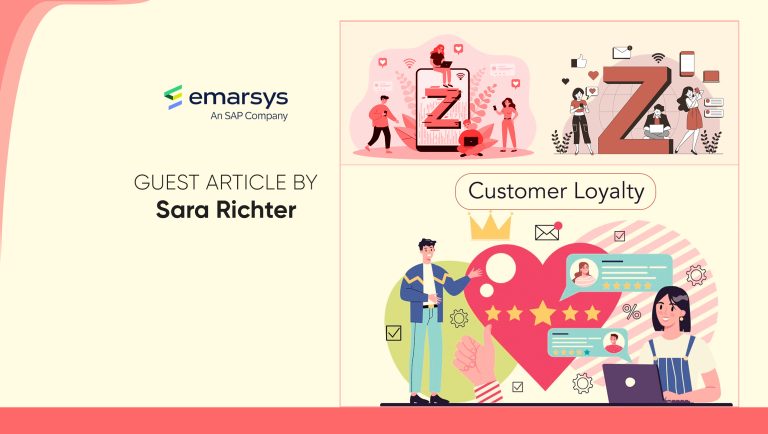 Blockchain is perhaps the era’s favorite new invention. This simple, programmatic solution creates trust among anonymous market players. This new technology is also positioned to clearly have a huge impact on marketplaces across industries everywhere. Yet beyond understanding the technology, many marketers are confused as to the potential scope and application of blockchain technologies to advertising ecosystem.
Blockchain is perhaps the era’s favorite new invention. This simple, programmatic solution creates trust among anonymous market players. This new technology is also positioned to clearly have a huge impact on marketplaces across industries everywhere. Yet beyond understanding the technology, many marketers are confused as to the potential scope and application of blockchain technologies to advertising ecosystem.
This past year, the I-COM Data Science subcommittee convened a global team of blockchain experts to speak about how their companies are incorporating blockchain technologies into their innovative solutions. By enabling the distribution of digital information that does not rely on a single company acting as a centralized authority, blockchain essentially offers the potential for a new internet. The tech community is enthralled by that prospect but still asking a lot of questions on where and how it can and should be used.
Also Read: What Blockchain Means for Marketers
In a few weeks, the I-COM Global Summit will once again meet in San Sebastian, Spain – as will all of our working groups, including one where my peers and I have spent a good amount of time asking and working to answer these questions. During the summit, the sub-committee will publish its findings on blockchain in ICOM’s “Frontiers of Marketing Data Science Journal.” But given the buzz around Blockchain, I wanted to preview my biggest takeaway from our findings here and invite you to join the dialogue.
It’s safe to say, we may or may not be ready for turnkey, wholesale adoption of blockchain to all aspects of adtech. This became clear as we talked to others in our global community. But what also became clear is all the vital potential areas in which blockchain can be applied to the ecosystem:
- Media planning, verification and attribution
- Improved negotiation and real-time bidding based on enhanced transparency
- Deterministic user identity management with enhanced privacy controls
Also Read: Blockchain Will Transform the Global Economy. But What Will it Mean for Advertisers?
My two big takeaways from the committee were related to transparency and the benefit and necessity of third-parties to improving both buyer ROI and seller revenues. The largest publishers in the ecosystem today created their dominant market share in part by offering marketers a one-stop shop to easily engage their target audience in a wide array of different contexts.
The increased transparency and automation that programmatic advertising brought to market is now helping marketers gain even better ROI by making it just as easy to engage their same target audience in similar contexts, yet do so across a diversity of publishers. While monopolies can be efficient, competition is what keeps prices low and an entire ecosystem of third-party companies can often offer more rapid innovation than centrally controlled technology standards. Thus third-parties enable marketers to efficiently interact with multiple publishers, help provide improved insights on which sellers to interact with at which prices, and enrich these insights with both first-party information and a third-party data marketplace of information.
Despite some large publishers calling these third-parties a “tax,” in fact, these third-parties are instead beneficial “market makers,” helping marketers achieve better ROI by improving their access to a competitive set of similar contexts to engage the same audience.
Third-parties don’t just help marketers. Third-parties also enable publishers to access far more demand than they could by relying solely on their internal sales teams. Thus, third-parties are improving both publisher revenue and marketer ROI.
There is a third benefit from the competition third-parties enable. Shifting buyer media budgets from less than a handful of large publishers to the millions of publishers on the Internet supports the free speech of those independent publishers. It is a shame that conversations around new technologies like blockchain and privacy regulations all too often demonize the third-parties that are crucial to supporting this free speech.
At its heart, blockchain technologies support a diverse set of market players interacting with each other via an agreed-upon mechanism to validate transactions and improve interoperability via agreed-upon standards for defining and measuring media, all while removing the need for a single company to control the marketplace. To me, this is a key reason why there is so much excitement around blockchain and its potential to create a new form of Internet.
Recommended Read: How Blockchain Technology Could Disrupt Social Media’s Stronghold on Data





















